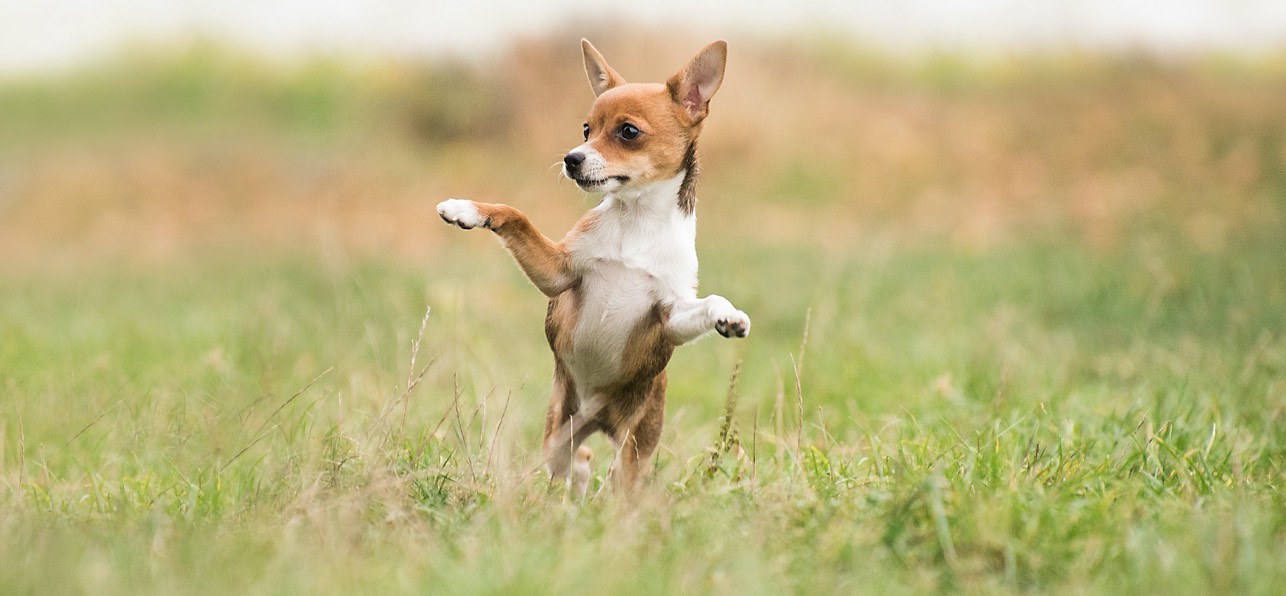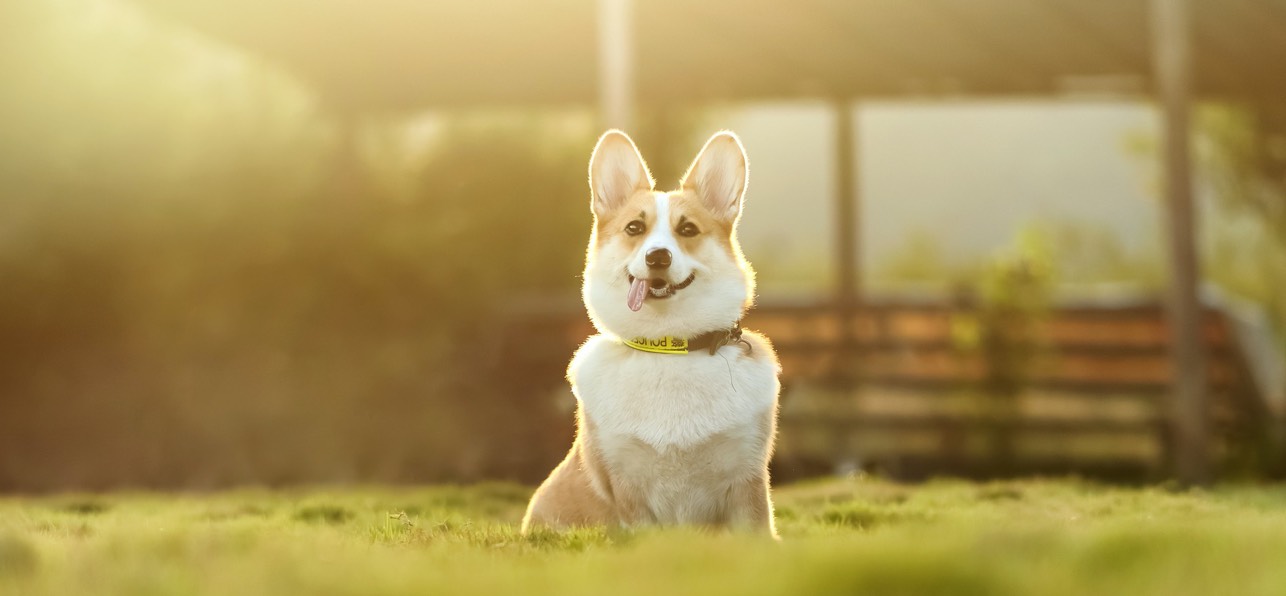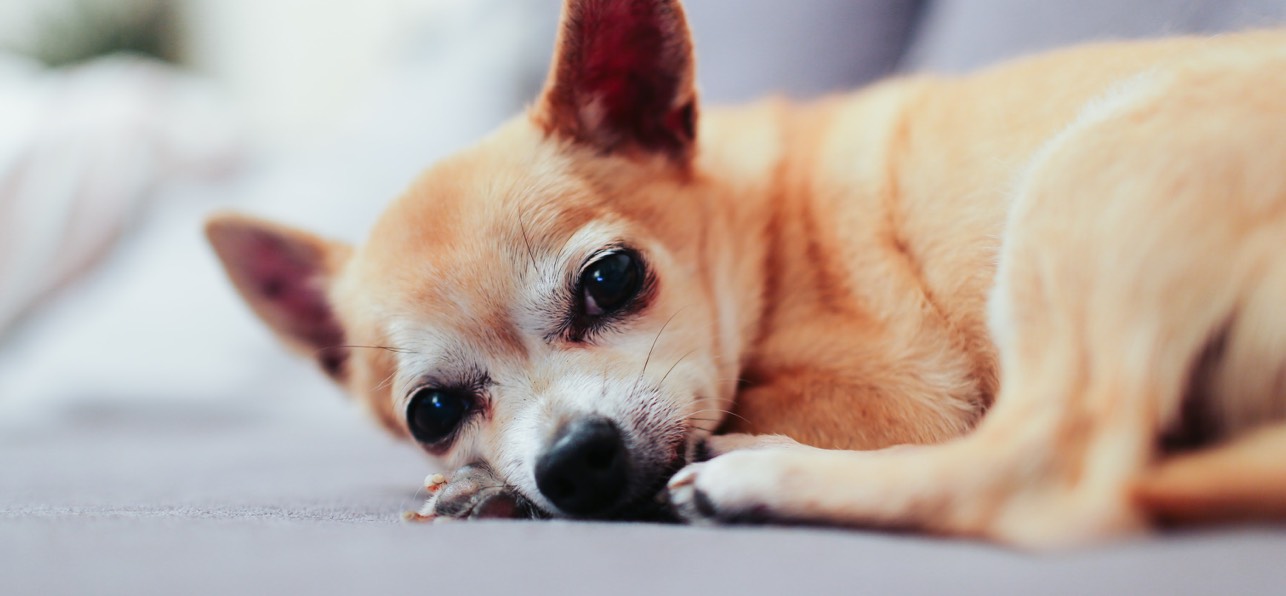Over the last four months, the nation has spent a lot of time at home. As the lockdown eases further from the recent Government announcement on 23rd June, many of us will return to our ‘new normal’. This is exciting news, but it can also be daunting for many for various reasons, especially those that have pets and have gotten used to their owners being at home more than usual.
For some pets, the transition will be easy. However, for some pets and for those that have suffered from separation anxiety in the past, they will find it particularly hard when their owner returns to work. With this, we need to start to slowly ease in allowing our pets to spend more time on their own at home.
Separation Anxiety
Separation Anxiety can lead to stress and upset for some pets. Dogs tend to suffer most and can become very anxious when their owner leaves the home and they’re left on their own for some time.
This behaviour can lead to an elevated heart rate, excess barking and respiratory struggles. Some dog breeds may even take to doing their toilet business inside the home or damaging furniture by scratching and chewing.
Not all dogs will initially show signs of this and some will welcome the peace and the need for their own space.
The realisation is, that many pets up and down the country will not be left on their own for just an hour and this can result in issues manifesting later on down the line when they realise they have to spend more time alone.
Fortunately, there are many things you can put in place to ease your dog into spending more time alone. Listed below are some helpful tips on how to ease your dog out of lockdown:
Provide entertainment
Boredom can contribute to your dog’s separation anxiety. To prevent this from happening when you’re back at work, provide them with plenty of toys to play with to help keep them entertained. Toys like food mazes, or any food-related toy will keep your dog entertained for hours, especially if there is a treat on offer!
Practise leaving the house for short periods
It is time to get your dog used to spend periods on their own. You can do this by leaving the house for short periods and gradually increase the period over one to two weeks until you reach a full working day. This will help reassure your furry best friend that you will return.
Try not to make too much fuss when leaving the house
When leaving or returning home, try not to make too much fuss when seeing your dog and instead let your dog paise and take a moment before you go over to see or stroke them. When your dog settles down, reward them with a treat.
Introduce calming products
Numerous pet calming products on the market can help alongside environmental changes. Before introducing any form of natural supplement you must consult your vet. Supplements such as Zylkene which can help promote relaxation.
There are also animal-friendly diffusers like Adaptil which are scientifically proven to work with anxious dogs. The adapter works by releasing pheromones that help keep your dog safe, secure, and calm.
Say “Goodbye” to your dog well before you leave the house
Another way of getting your dog used to you leaving the home, whilst staying calm, is trying to say “Goodbye” at least 30 minutes before you leave the home and with little fuss. This way your dog gets the attention it needs but won’t associate it with your leaving of the house.
Lastly, all pets differ when it comes to separation anxiety and some will suffer more than others. If you’re concerned about your pet then you must seek professional advice from your veterinary practice.




